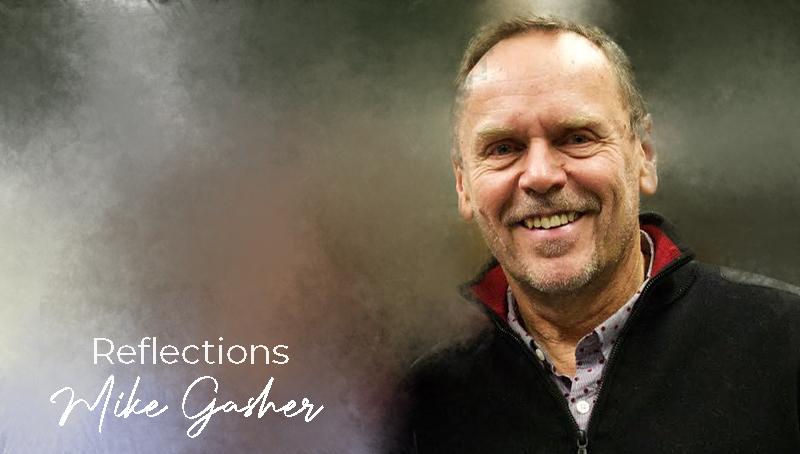Dianne and I like to go camping, and over the years we’ve scouted out some of Canada’s nicest campgrounds, those that afford a modicum of privacy by spacing their sites, sites that are typically separated by clusters of tall trees and bushes and shrubs of various kinds. We love cooking over a fire and eating al fresco. And simply being outdoors. If there’s a nearby lake, or some hiking trails, all the better.
Of course, what we mean by camping is not shared by everyone. For us it involves, first and foremost, a tent. We have two: a small one for when we’re traveling by bicycle, a larger one when we take the car. Sleeping bags, air mattresses – our sole luxury – cookware, camp stove, etc. And, oh yes, bug spray.
The pleasure of the experience is in the hardship: sleeping on the ground – and discovering stones and roots underneath that you hadn’t detected when pitching the tent – shaking out the cold from the aching knees and back in the morning, gathering and chopping wood for the fire, fetching water, making instant coffee and one-pot meals, trekking to the washroom, exposing ourselves to whatever weather is in store, fending off racoons and squirrels and chipmunks eager to see what’s for dinner. And did I mention mosquitos?
For us, it’s a welcome break from our otherwise cozy life, a way, as a friend puts it, to knock a few barnacles off the hull. It’s all good. Except …
An increasing number of people perceive camping very differently. And, I’m afraid, they have become the majority.
These are the people with trailers and buses. Some with satellite dishes. And generators. And air conditioning. And big trucks, so that they can bring with them just about every convenience item from home they think they might need to protect themselves from the elements, which Dianne and I call nature, or boredom, which we prefer to think of as relaxation.
Some campgrounds even rent out trailers, or more commonly yurts and, increasingly, even more luxurious, wigwam-like accommodations. I recently read a fawning article about two east-coast resorts offering the ultimate experience in what’s called ‘glamping’ – glamorous camping – featuring the finest linens on queen-sized beds, hot tubs, barbecues, stoves, air conditioning, well-stocked kitchens, and their own washrooms with hot showers. We’re talking electricity and running water. Why not just stay home, I wonder, or rent a hotel room?
To each their own, you might be thinking.
But there’s a problem for us old-school types. You might call it ‘tentism’.
First of all, as campgrounds offer more and more perks, even those run by our national and provincial parks, the prices rise. We opt for the cheaper sites with no services – i.e., no electrical outlets, no attachable water hoses – but have discovered the trailer tribe and bus brigade like these too, because they travel with their own noisy generators. If it’s bad enough listening to these things running all day – to power their air conditioners and TV sets, to charge their digital devices – they’re often left running all night too.
Speaking of noise, to avoid having to listen to leaves rustling in the wind, waves splashing on the shore, loons calling, squirrels scurrying about fallen leaves, or wood crackling on an open fire, some of these luxury campers can’t live without their music, which they’re happy to share.
Many private campgrounds we’ve encountered don’t even accept tents. Too low-brow, I guess.
Once, on a cycling trip through Ireland, I spent a few days in Galway on the extremely wind-swept west coast. The campground manager wasn’t keen on renting out a site to a sweaty, unkempt cyclist with a shabby tent, but because it was during the week, and no other campers were around, he relented. On the condition I leave early on Friday morning. Fine.
There had been a violent storm there a few days earlier and several trailers on the site had been overturned. In a somewhat misguided effort to shelter me from the interminable winds off Galway Bay, he decided I should pitch my tent on the leeside of one of the trailers. One of the trailers, I hoped, that would continue to withstand the onslaught of any storm that might be brewing. I didn’t want to end up like the Wicked Witch of the East.
Come to think of it, that might have been a fitting ending: killed by that which is killing the pleasure of what Dianne and I call camping.


